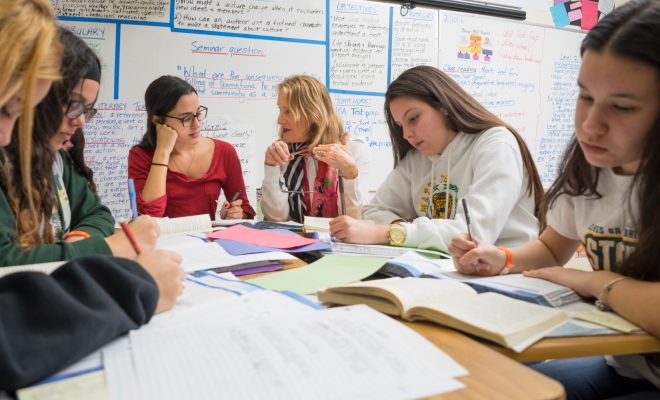21 Strategies to Help Students Improve Their Memory Skills

Are you looking for strategies to help your students improve their memory skills? If so, keep reading.
- Get the learner’s hearing reviewed if it has not been recently reviewed.
- Get the learner to question any directions, explanations, and instructions they do not understand.
- Get the learner to be a messenger. Provide the learner a verbal message to deliver to another teacher, secretary, administrator, etc. As the learner shows success, increase the length of the messages.
- Examine the schedule of the morning and afternoon learning activities with the learner and have them to repeat the sequence. As the learner is successful, increase the length of the sequence.
- Get the learner to take part in concentration game learning activities with a limited number of symbols. As the learner shows success, slowly increase the number of symbols.
- Praise the learner for remembering to have such learning materials as pens, pencils, paper, textbooks, notebooks, etc.
- At the end of the day, have the learner recall three learning activities in which they participated during the day. As the learner shows success, slowly increase the number of learning activities, the learner is required to recall.
- After a field trip event, have the learner sequence the learning activities that occurred.
- After reading a short story, have the learner find the main characters, sequence the activities, and report the outcome of the story.
- Get the learner to deliver the schedule of daily activities to other students.
- Utilize several modalities (e.g., auditory, visual, tactile, etc.) when presenting instructions, explanations, and instructional content.
- Designate a peer tutor to take part in short-term memory learning activities with the learner (e.g., concentration games, following instructions, etc.).
- Record a message. Get the learner to write down the message after they have heard it. As the learner shows success, increase the length of the message.
- Have the learner engage in learning activities to enable short-term memory skills (e.g., deliver messages from one place to another; act as group leader, teacher assistant, etc.).
- Get the learner to practice short-term memory skills by participating in learning activities that are focused (e.g., delivering messages, being in charge of room clean-up, acting as custodian’s helper, operating equipment, etc.).
- Assess the learner’s auditory and visual short-term memory skills to ascertain, which is stronger. Utilize the results when presenting instructions, explanations, and instructional content.
- Get the learner to practice repetition of information to increase short-term memory skills (e.g., repeating names, telephone numbers, dates of activities, etc.).
- Teach the learner how to organize information into smaller units (e.g., break the number sequence 132563 into units of 13, 25, 63).
- Utilize sentence dictation to develop the learner’s short-term memory skills. Begin with sentences of three words. As the learner shows success, slowly increase the length of the sentences.
- Present the learner an item or an image of an object for a few seconds. Ask the learner to recall specific attributes of the item (e.g., color, size, shape, etc.) after it has been removed from view.
- Consider using an education app to help the student enhance their memory. Click here to view a list of apps that we recommend.






